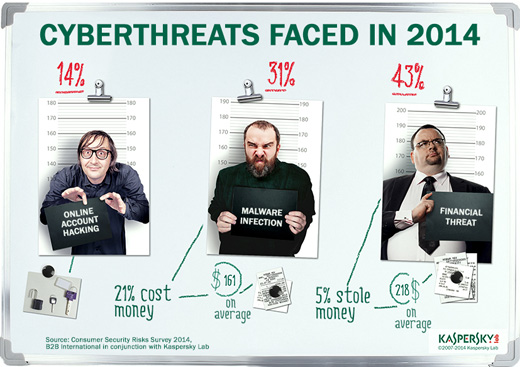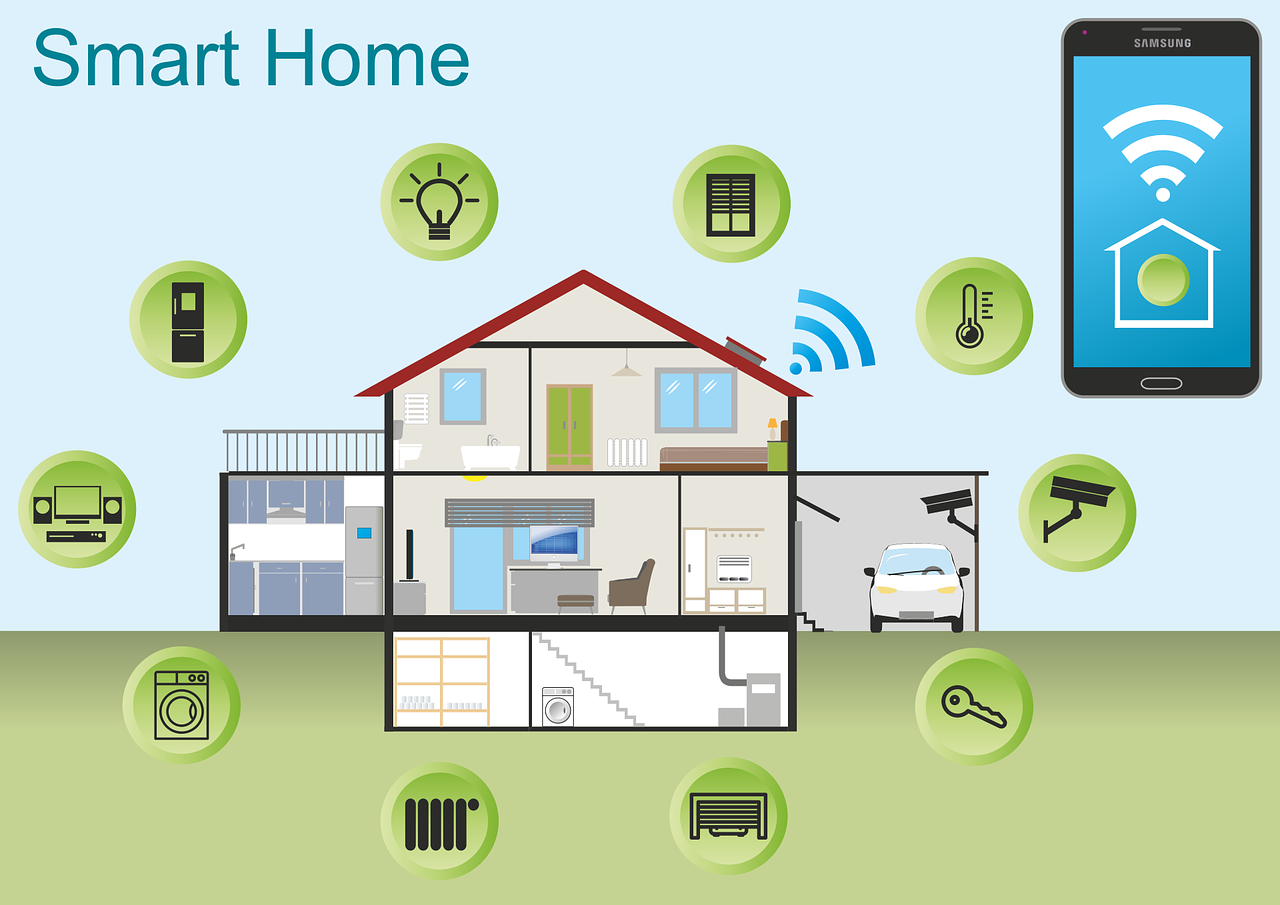In the digital age, where technology plays a crucial role in our lives, cybersecurity has become more important than ever. With the increasing number of cyber threats and attacks, it is essential to stay informed and take necessary precautions to protect our online presence. In this blog post, we will explore the key aspects of cybersecurity and provide valuable insights to help you navigate the digital landscape securely. Let’s dive in!
1. Understanding the Basics: Cybersecurity involves protecting computer systems, networks, and data from unauthorized access, theft, and damage. It encompasses various techniques and practices that safeguard against potential threats such as hackers, malware, phishing attacks, and more.
2. Importance of Strong Passwords: Creating strong and unique passwords for your accounts is a fundamental step in bolstering your cybersecurity defenses. Avoid common passwords, use a mix of upper and lowercase letters, numbers, and symbols. Implement two-factor authentication whenever possible to add an extra layer of security.
3. Keeping Software Updated: Regularly updating your operating system, applications, and antivirus software is crucial. Software updates often contain patches for known vulnerabilities and offer enhanced security features. Ignoring updates can leave you exposed to potential threats.
4. Educate Yourself on Phishing Attacks: Phishing attacks are one of the most prevalent cybersecurity threats. Hackers use deceptive emails, messages, or websites to trick individuals into revealing sensitive information. Be cautious of unexpected emails asking for personal details and avoid clicking on suspicious links.
5. Secure Your Home Network: With the rise of remote work and smart home devices, securing your home network is vital. Change the default passwords of your routers and enable encryption (WPA2 or WPA3) for Wi-Fi connections. Additionally, consider using a virtual private network (VPN) to encrypt your internet traffic and enhance privacy.
6. Be Mindful of Social Engineering: Social engineering involves manipulating people to gain unauthorized access. Attackers may exploit human vulnerabilities to trick individuals into sharing confidential information. Exercise caution while interacting with unknown individuals, be skeptical of unsolicited requests, and double-check the identity of individuals before sharing sensitive information.
7. Backup Your Data: Regularly backing up your important data is an effective defense against ransomware attacks and data loss. Choose a secure backup solution that stores your data on separate devices or in the cloud. Perform periodic backups to ensure you can easily recover your information if an incident occurs.
8. Secure Your Mobile Devices: Mobile devices hold a wealth of personal and sensitive information. Protect your smartphones and tablets with secure passwords, biometric authentication, or PIN codes. Install reputable security apps that offer features such as remote wiping, anti-malware scans, and app permission management.
9. Be Cautious of Public Wi-Fi Networks: Public Wi-Fi networks can be a breeding ground for cybercriminals. Avoid accessing sensitive information (such as banking or email accounts) when connected to open or unsecured networks. If necessary, use a VPN to encrypt your data and secure your online activities.
10. Stay Informed: Cyber threats and attack methods evolve rapidly. Stay updated with the latest cybersecurity news and trends to better anticipate potential risks. Follow reliable sources such as cybersecurity blogs, industry publications, and official reports to gain valuable insights into emerging threats and best practices.
Conclusion:
In today’s digital landscape, prioritizing cybersecurity is imperative. By understanding the basics, practicing strong password hygiene, staying vigilant against phishing attacks, securing your home network, being cautious of social engineering, backing up your data, protecting your mobile devices, avoiding public Wi-Fi pitfalls, and staying informed, you can significantly reduce the risk of falling victim to cyber threats. Remember, safeguarding your online presence is a continuous effort that requires proactive measures, but the valuable peace of mind and protection you gain are well worth it. Stay safe, stay secure!











